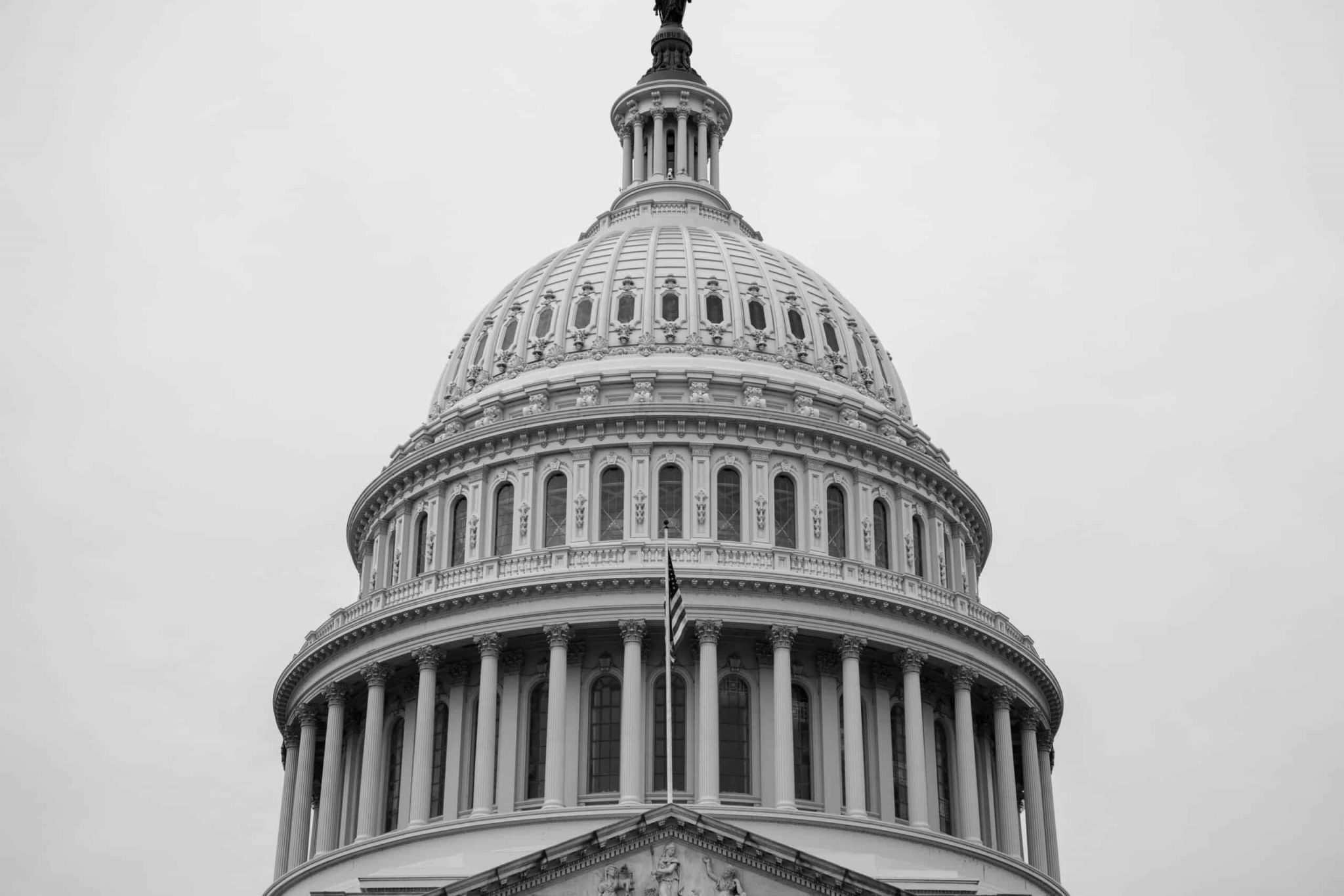
Sarah Leadem is a joint degree candidate at Harvard Law School and the Harvard Kennedy School of Government.
In today’s News and Commentary: The White House intervenes to prevent the railroad strike, data shows that New York City’s $15 minimum wage law fueled job growth and reduced poverty, and an ILO report highlights the growth of modern slavery in wake of COVID-19 pandemic.
The threat of a railroad strike continues. As parties inch toward the Friday strike deadline, the White House has decided to get involved. President Biden is, reportedly, taking a more direct role in negotiations and reached out the unions and freight rail companies this Monday to urge them to make a deal. Secretary of Labor Marty Walsh is also stepping in. This week, he delayed a scheduled trip to Ireland in order to attend to negotiations. As discussed in an OnLabor post from earlier this week, many await intervention from Congress. Just yesterday, however, the railway unions asked Congress to stand down. The International Association of Sheet Metal, Air, Rail, and Transportation Workers (SMART) sent a letter to key Congressional leaders imploring them not to intervene. Any potential Congressional action will play out in the coming days.
New data shows that New York City’s $15 minimum wage law was accompanied by job growth and reduced poverty. Data released by the New York City Comptroller suggests that, as the minimum wage increased to $15 per hour between 2013 and 2019, industries with high numbers of minimum wage workers saw notable economic growth. Household income also rose and poverty rates declined. The Comptroller heralded this as a “net positive for the City’s economy.”
Finally, a new report finds that 50 million people worldwide are currently in modern slavery. Modern slavery takes many forms, the primary of which is forced labor. This number has increased dramatically in the last 5 years. Why so? Researchers at the UN’s International Labor Organization, Walk Free, and the International Organisation for Migration suggest the COVID-19 pandemic exacerbated extreme poverty and increased indebtedness, fueling these principal drivers of modern slavery. The report prescribes several reforms, including increasing global legal enforcement and expanding the right to collective bargaining.






Daily News & Commentary
Start your day with our roundup of the latest labor developments. See all
February 27
The Ninth Circuit allows Trump to dismantle certain government unions based on national security concerns; and the DOL set to focus enforcement on firms with “outsized market power.”
February 26
Workplace AI regulations proposed in Michigan; en banc D.C. Circuit hears oral argument in CFPB case; white police officers sue Philadelphia over DEI policy.
February 25
OSHA workplace inspections significantly drop in 2025; the Court denies a petition for certiorari to review a Minnesota law banning mandatory anti-union meetings at work; and the Court declines two petitions to determine whether Air Force service members should receive backpay as a result of religious challenges to the now-revoked COVID-19 vaccine mandate.
February 24
In today’s news and commentary, the NLRB uses the Obama-era Browning-Ferris standard, a fired National Park ranger sues the Department of Interior and the National Park Service, the NLRB closes out Amazon’s labor dispute on Staten Island, and OIRA signals changes to the Biden-era independent contractor rule. The NLRB ruled that Browning-Ferris Industries jointly employed […]
February 23
In today’s news and commentary, the Trump administration proposes a rule limiting employment authorization for asylum seekers and Matt Bruenig introduces a new LLM tool analyzing employer rules under Stericycle. Law360 reports that the Trump administration proposed a rule on Friday that would change the employment authorization process for asylum seekers. Under the proposed rule, […]
February 22
A petition for certiorari in Bivens v. Zep, New York nurses end their historic six-week-strike, and Professor Block argues for just cause protections in New York City.